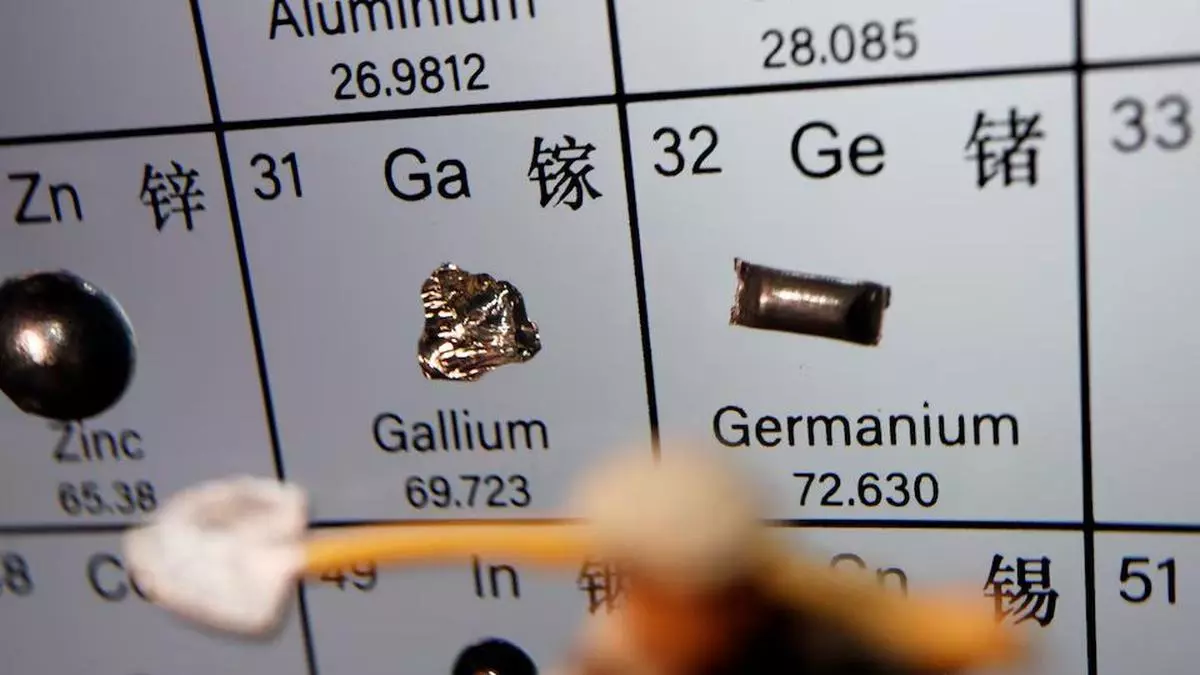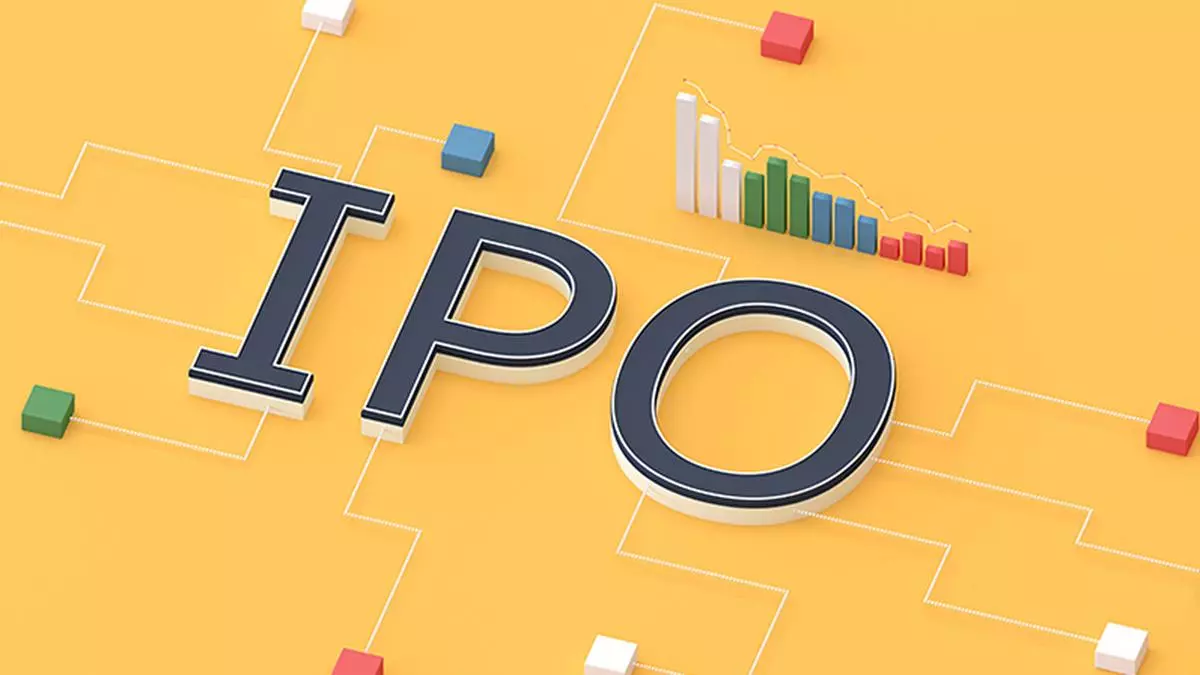China has banned exports to the US of some goods containing crucial minerals, while tightening exports of others, after the US curbed China’s chip industry a day earlier.
The following is background information on export controls and other steps that analysts say Chinese authorities could take to protect the interests of China and its companies.
DUAL USE
On December 3, China banned exports to the US of items related to gallium, germanium, antimony and super-hard materials, the latest escalation of trade tensions between the countries ahead of President-elect Donald Trump taking office.
China had already introduced new regulations on December 1 for the export of so-called dual-use items, which have both civilian and military applications.
This created a unified and simplified export control list, while also requiring Chinese exporters of dual-use items to disclose details about end users.
-
Read:President-elect Trump to impose a 25% tariff on Mexico and Canada; 10% on China
The move allows Beijing to better identify its supply chain dependence on China within the US military-industrial complex. Critical minerals are among these items, as China dominates global mining and processing of rare earths.
Already this year, export restrictions were imposed on antimony, a strategic metal used in military applications such as munitions and infrared missiles, and in October 2023 restrictions were imposed on graphite products used in electric vehicle batteries.
In July 2023, China announced restrictions on the export of eight gallium and six germanium products, metals widely used in chip production, citing national security interests. In December 2023, China banned the export of technology to make rare earth magnets, adding to an existing ban on the export of technology to extract and separate the critical materials.
SAFETY ASSESSMENT
Beijing’s announcement last May that it would block some government purchases from Micron after the US memory chip maker failed a security investigation is widely seen as one of China’s first retaliations in the US-China chip war.
Concerns have grown that US tech giant Intel could be a future target, after the Cybersecurity Association of China claimed the US company had “continually harmed” the country’s national security and interests and that its products sold in China should be subject to a safety investigation.
Intel is one of the largest suppliers of chips used in electronic devices, including personal computers, and traditional servers in data centers in China. Last year it received more than a quarter of its total revenue from China.
Retaliation can also take place through other channels. U.S. business chambers in China have complained in recent years that U.S. companies have faced increasing problems, such as slower customs clearance and increased government inspections during times of escalated tensions such as the U.S.-China trade war.
LIST OF UNRELIABLE ENTITIES AND ANTI-FOREIGN SANCTIONS LAW
China announced in September that it would investigate US company PVH Corp, owner of fashion brands Tommy Hilfiger and Calvin Klein, for “unfairly boycotting” Xinjiang cotton and other products under the unreliable entity list (UEL) framework.
That was the first time Beijing had taken action against a company that had removed Xinjiang cotton from its supply chain to comply with U.S. rules, and one of the few times it had used the UEL since the list was created.
Beijing created the list during Trump’s first presidency and threatened to ban US companies from importing, exporting and investing in China.
So far, the list includes American companies involved in arms sales to Taiwan, such as Lockheed Martin and RTX’s Raytheon Missiles & Defense.
China has also had an anti-foreign sanctions law in place since June 2021, which it uses to target foreign companies it believes have damaged the country’s national security or caused Chinese companies to be sanctioned.
When US drone manufacturer Skydio was sanctioned by law in October, supplies of batteries to the company were quickly halted, according to the Financial Times.
“As (China’s) containment intensifies, more U.S. industries, companies and the entire economy will pay an increasingly high price,” state-owned Global Times wrote in an op-ed on Skydio in November.











